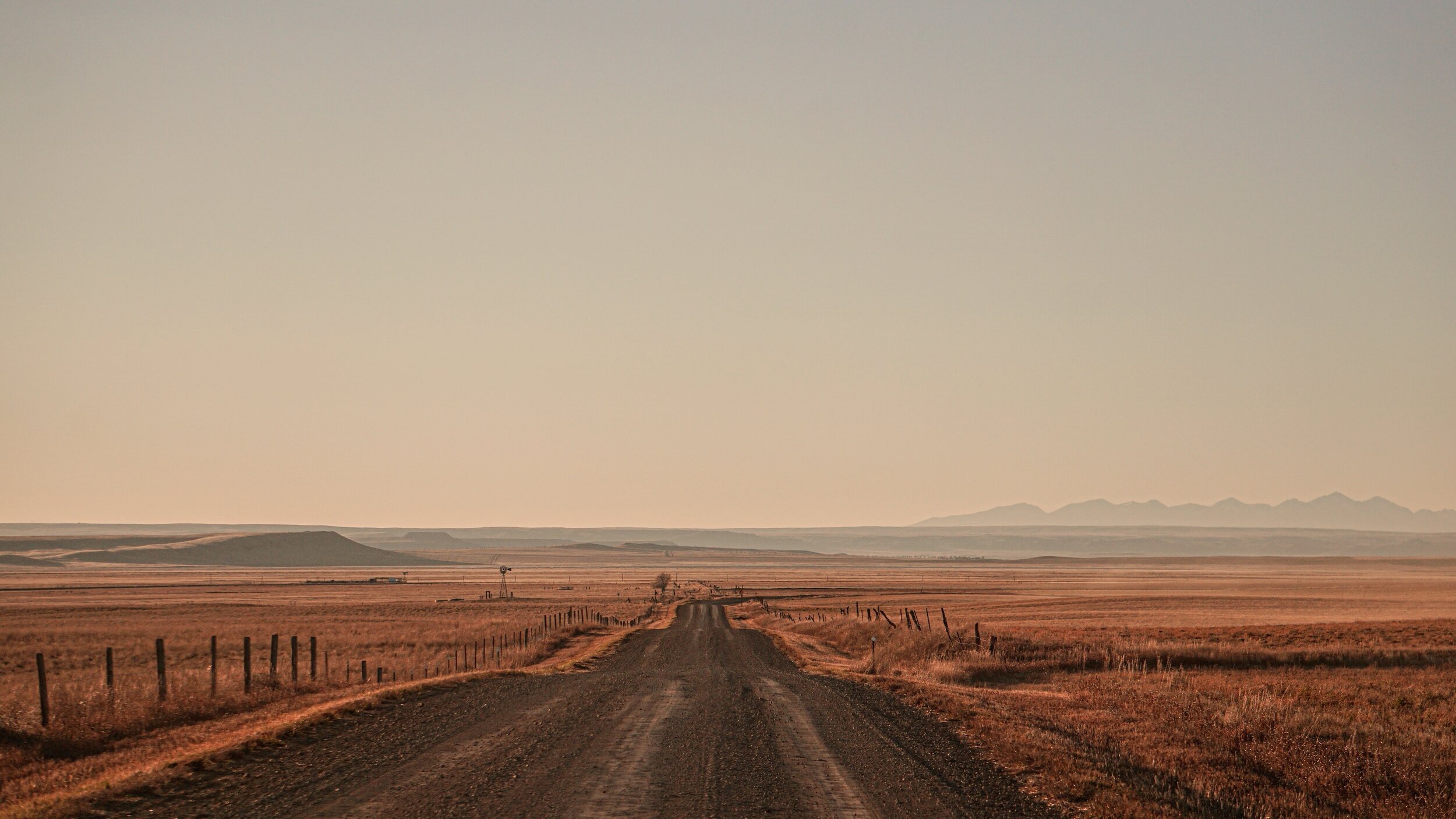Biking my way through the pandemic
Photography Thomas Bush
When Covid threw her routine into disarray, author Jane Hertenstein embarked on a 2,464 miles coast-to-coast Bike Ride to regain a sense of time
This past year I have, like many others, been thrown into all kinds of Covid havoc. All the things we used to say, such as “you are not the product of your productivity” or “your identity is not your job” might have worked back when I had a job, before the pandemic laid waste to my routine. People who are kept busy with Zoom meetings seem to have no idea of how it feels to flounder, to be unmoored without time structure.
This was a big reason why I simply took off at the end of May, when Illinois came out of lockdown, to complete a cross-country bike trip from Chicago to the Pacific Ocean at the age of 61 — alone. Folks I met along the way would remark: “You’re so brave!” But I didn’t feel it.
Covid had made such a trip possible, but only because it had thrown my life into such disarray. In the blink of an eye my life was interrupted and I was thrown into semi-retirement. But there was something else. Call it stress. The news cycle was bad and there was so much of it. Every day I was drenched, drowning in headlines, and struggling to come up for air. I just needed to get away, to find a way of escape.
On my bike tour I experienced structure — albeit one I had no control over. I never knew what the day’s weather or roads might bring. A map only goes so far in detailing the terrain. I’d awake every day before dawn and, just as a sliver of yolk was breaking on the horizon, I would set out. I’d eat and rest as needed (or not, again as the road allowed). By evening I was ready to stop. I’d shower or at least clean up, set up my tent, cook over my tuna can stove, eat and drink the last dregs of tea from my thermos in the open door of my tent, and observe the sky soften into a dusty dusk. Finally, I would read for a while until sleep overcame me.
I knew my job: it was to pedal, to get somewhere. For 2,464 miles.
The word tour might not in fact be an adequate one to describe what I experienced. That word evokes images of vacation, of being a tourist, of relaxation alongside discovery. For the duration of my bike ride, however, that was not the case. I was simply part of a machine, pushing through exhaustion and boredom to reach my goal.
Soon, though, riding a bike felt natural, and most importantly, it helped me forget about Covid. Despite the risks associated with a lone cross-country cycle trip, I felt safer on the road, out in the countryside and away from crowds. Nothing beats social distancing like riding solo. I could go all day, if I pleased, without talking to a soul.
Photography NaraJiva
So, how is this different from quarantine?
One major difference was that, while on my bike at least, I felt alive, strong, capable — even if at the time I doubted my ability. Sitting in my tent at night, watching the sun lower and dusk filter all around me, I knew that I had done this, my body had gotten me to this place. I loved that feeling of self-satisfaction.
Upon returning home, I reckoned that I would fall back into something. But since my return I’ve floundered once more. I miss the routine and structure of the road.
On the BBC website I read an article about how some Germans working remotely had been able to retain their former daily routine — even if still working from home. This is thanks to a concept known as ‘Feierabend’. Trust the Germans on structure and habit, I thought!
“ ‘Feierabend’ has two meanings,” says Christoph Stengel, a 41-year-old Berliner who works as a software developer at price-comparison website Idealo. “First, it's the moment you stop working for the rest of the day — of course, [it’s] a good feeling then. Second, it's the part of the day between work and going to bed.”
This creates bookends: a beginning and an end, punctuated by rest or breaks.
One German worker during Covid decided to continue with his daily cycle routine. He would ride what was his normal commute into the office, and back again, to begin his day. At the final press of his computer key, at quitting time, he’d do the same thing: commute there and back, to create the physical borders he needed to mentally detach. Such borders do in fact help a person to engage and then disengage from a given task; it is their de facto on and off switch.
Now, almost always, I transition before dinner by either running on the Chicago Lakefront path or riding my bike. This one thing has been my anchor in what has become an otherwise fluid and boundaryless day, week, season. Life.


